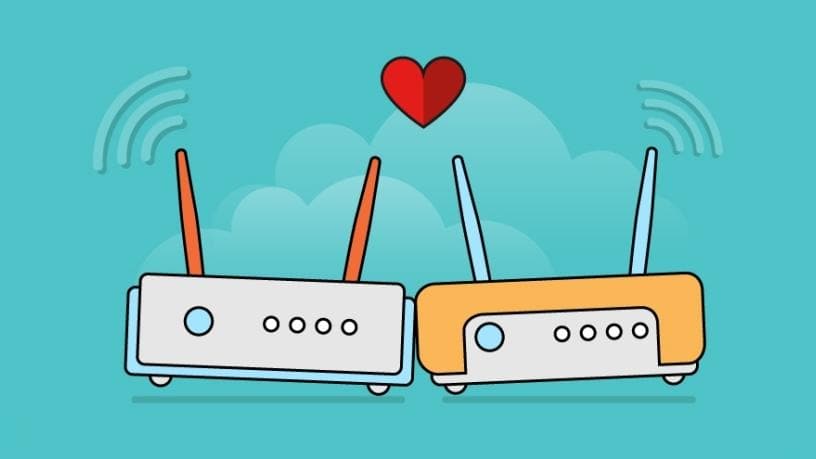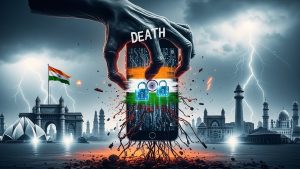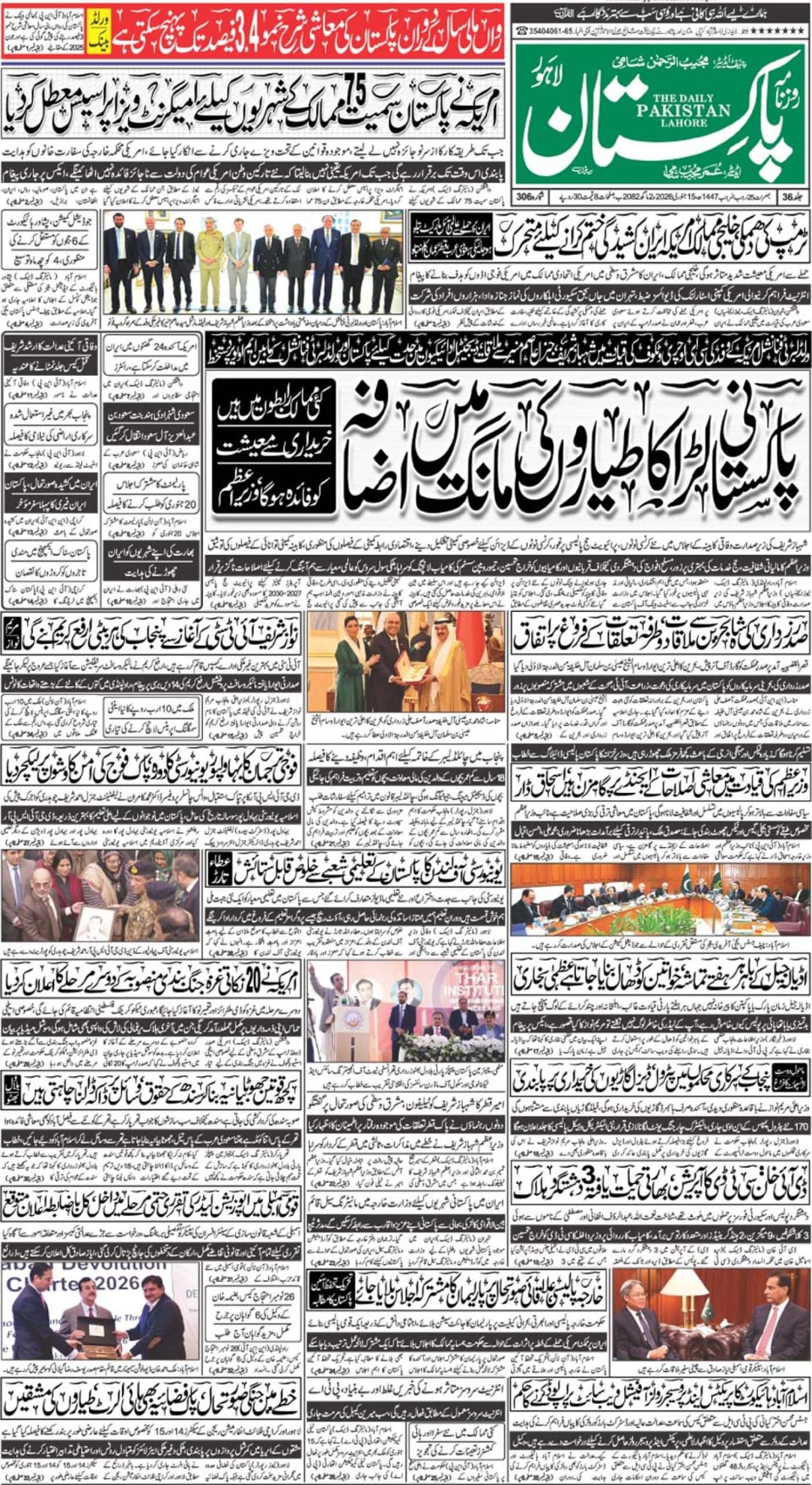—- We sat before each other and she said, “You killed a girl a little while ago and she is sitting before you now alive, you don’t feel any surprise ?” , “I’m a realist, so I’m never surprised.” said the killer. And she almost shouted, “What kind of a realist you’re on the earth, it doesn’t look a reality.” “So be it”, the killer said, “These illusions , delusions , dreams , whimsical thoughts are the real part of life. I think trying to understand life is itself a folly. And what about you call abnormal events? For me, realism is believing in shadows, dreams and phantoms. As for you, you’ve got every right to be present in many places at the same time. If you’re lying dead in that hotel and you’re sitting alive here with me, it is not a problem.”—–
(An excerpt from the short story, “The Real” by Ali Arif, 2013)
Time perhaps presented us with an additional facet of life coupled with this erstwhile ‘real’ life, I e our virtual life. This second facet of life is added after the modem born technology permeated our rural and urban ethos completely.
It was a time when there were more internet connections only in the city of New York than those in the entire continent of Africa, but this phenomenon has a savage propensity to spread everywhere and we don’t know the powerful elite it to be so or maybe not?
Today a poor student can listen to a lecture delivered by a professor in any university of the world; And underprivileged persons can watch, love and romance the sights and sensations that their elders couldn’t even imagine in their wild dreams. As for the question of real or virtual, it’s only the imagination that decides it.
At the outset of the 21st century, there was a hot debate between the intellectuals the world over, whether the book will survive the onslaught of faint, flickering screens of these devices. Book proved to be strong at least in civilized and educated societies. Strangely enough, there was a lesser talk on the future of the romantic bond between two persons, I e love. Though we can notice with pride, not only kept itself intact, rather arguably flourished in the modem born era.No doubt it might have changed many of its parameters, some of which are disputable.
No doubt, little consideration has been given to the question of how our use of these technologies influences our emotions. Do certain methods of communication flatten emotional appeals, promote immediacy rather than thoughtful reflection and encourage accessibility and transparency at the expense of ‘necessary boundaries’? Do our technologies change the way we feel, act or think?
There is perhaps no realm in which this question has more salience than that of romantic love. How do our ubiquitous technologies— cell phone, e-mail, the internet — impact on our ability to find and experience love? Our technical devices are of such extraordinary practical use that we forget they are also influencing the primary medium of our expression.
The technologies we use on a daily basis not merely change the way, logistically we persuade: They are in some cases transforming the way we think and feel about what exactly it is we should be pursuing. They change not only how we find our beloved, but the kind of beloved we hope to find.
In a world, where men and women still claim to want to find that one special person— a “soul mate” — to spend their life with, what role can we and should we afford technology and more broadly, science, in their effects. Many people criticise the modem born technology as a product of unbridled capitalism that is not justified. Contrary to this cannibalistic casino-capitalism, modem born technology distributes knowledge, beauty, art and love among each and every person who comes to its fold with a sensitive approach. Though there are parallel profit-oriented adventures present everywhere in it. It depends on how we use these devices and how much aware we are of our betterment.
While we can lament the absence of flowers in the books, names carved on trees, perfumed love letters; At the same time, we can celebrate millions of people communicating, talking, loving even when they’re oceans apart sometimes.
We can enjoy the idea of two lovers whispering on cell phones in the solitary mid-nights whiles miles and miles away. We can enjoy these anthems of love, breaking all the barriers of the hypocrite society. (Though certain conventions and values must be observed that are vital for a healthy milieu.)
What is real and what is virtual, love is beyond these petty distinctions. Telling the truth, love is such a sublime feeling that can exist even without anything real or virtual. And no doubt, love can exist even without all of us. Because it is love that created us, and this universe in the first place.
“Ba qad’r e paimana e takhayyul, suroor har dil mein hai khudi ka
Agar na ho ye faraib e paiham, to damm nikal jaaey zindagi ka “
(There is a pride of existence in every living creature in accordance with its vista of thought; And if this illusion is shattered, the life will breathe its last at that very moment) — Allama Muhammad Iqbal.














